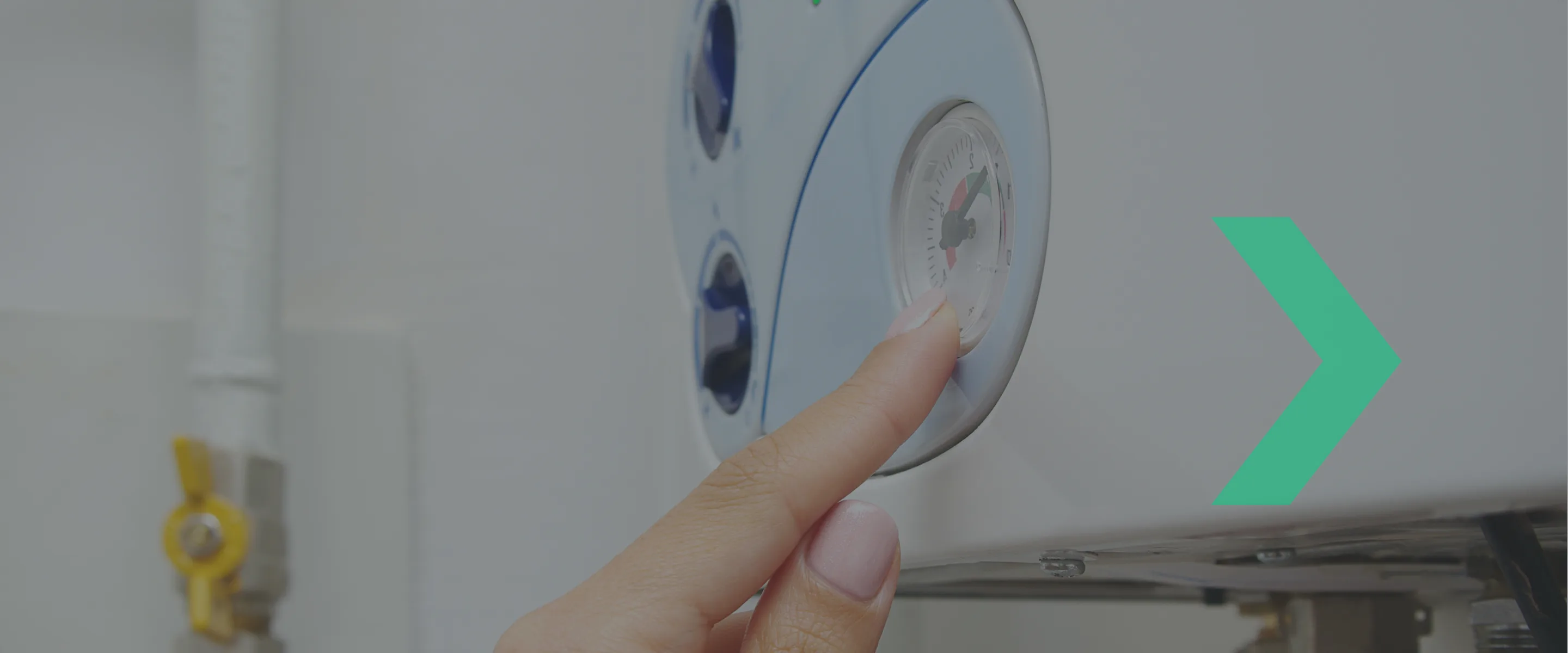Your guide to boiler upgrades
Take a deeper dive into why you might need to upgrade your boiler, what the benefits are and what issues you should consider.
Discover its benefits:
Your guide to boiler upgrades
Take a deeper dive into why you might need to upgrade your boiler, what the benefits are and what issues you should consider.
Expand all

